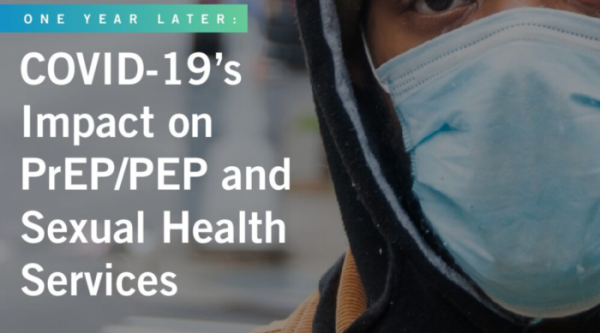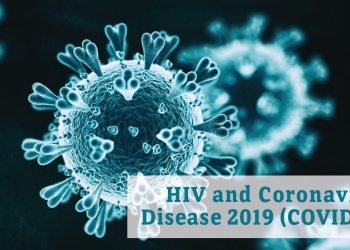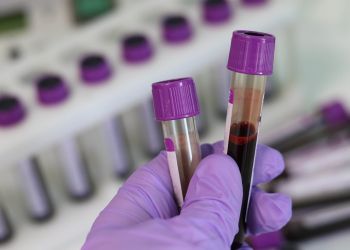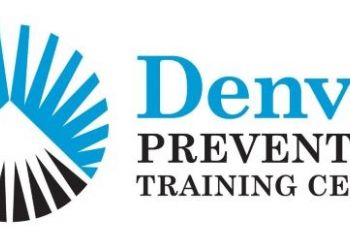A new report from NCSD, in collaboration with NASTAD, examines the impact COVID-19 has had on PrEP/PEP and sexual health services, particularly in the South.
Read the executive summary from NCSD below and access the full report here.
Executive Summary
The United States has been in a state of emergency concerning the COVID-19 global pandemic since March 2020. With the country responding to the pandemic for over a year, the National Coalition of STD Directors (NCSD), in collaboration with NASTAD, examines the impact COVID-19 has had on PrEP/PEP and sexual health services, particularly in the South.
Throughout the nation’s response to the pandemic, sexual health programs were uniquely impacted.
- Much of the sexual health workforce was pulled into COVID-19 detail, causing significant service disruptions.
- Sexual health programs implemented harm reduction practices to mitigate COVID-19 risks when serving clients.
- PrEP and PEP programs were impacted across the care continuum, from awareness to adherence. Jurisdictions are tasked with ending an epidemic during a pandemic. Ending the HIV Epidemic: A Plan for America (EHE) goals may be affected due to the challenges COVID-19 has had on the health care system.
As jurisdictions continue addressing both the HIV epidemic and the COVID-19 pandemic, the following recommendations can improve PrEP/ PEP access during this time.
- TelePrEP programs can significantly increase PrEP access during COVID-19 and beyond. Many jurisdictions are working to implement telePrEP programs to assist with client’s PrEP maintenance, and initiation to PrEP.
- HIV/ STD self-testing programs can help individuals complete their routine PrEP screenings, reducing
barriers for clients.
Read the full report: One Year Later: COVID-19’s Impact on PrEP/PEP and Sexual Health Services




